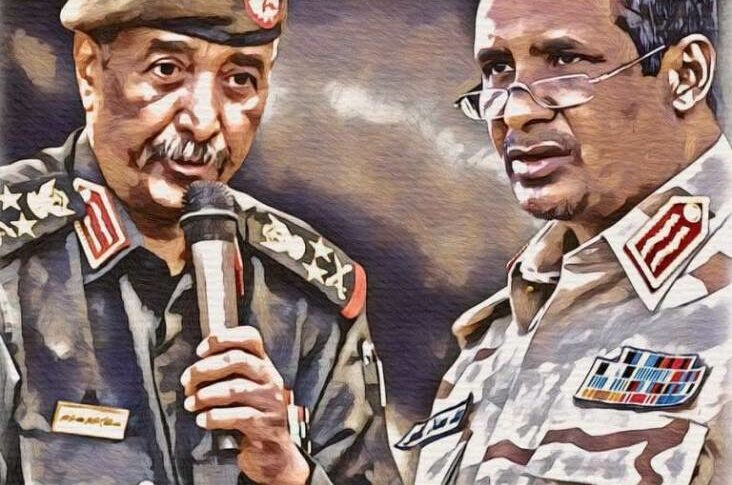News
South Sudan rejects uncoordinated initiative for Sudan peace process
- 17 July 2024
- In News, SAF RSF fighting, South Sudan
July 16, 2024 (JUBA) – South Sudan has rejected uncoordinated initiatives and activities for Sudan’s peace process, saying it undermines and confuses actors and stakeholders.
Parallel initiatives and processes have been undertaken by different countries in the region, with South Sudan, Kenya, Ethiopia, Chad, Libya, and Egypt and countries in the gulf with military, religious, political, and economic ties to the parties rolling separate initiatives from the regional, continental and efforts of the international organizations, all advocating peaceful settlement of the conflict in Sudan.
South Sudan’s minister of Foreign Affairs told Sudan Tribune on Tuesday that the proliferation of uncoordinated initiatives has been a cause for delay in expediting the peace process.
“Some of these processes, even if the objectives are the same should be coordinated, including the mechanism of communicating messages to the actors, especially the principal actors in the conflict. Here I mean the leadership of the Sudan Armed Forces and Rapid Support Force. There is a need for clarity and joint efforts which his excellency president Salva Kiir has been advocating”, explained Ramadan Mohamed Abdallah Goch.
The minister who was recently in Egypt where the Ministry of Foreign Affairs of Egypt organized a dialogue for a Sudanese stakeholder engagement conference, clarified that South Sudan was not running a parallel mediation from the regional bloc but has been conducting meetings with Sudanese stakeholders and actors aimed at complementing regional, continental and international initiatives alongside those of the United Nations, Africa League, African Union and other countries and friends of Sudan.
Analysts have pointed out that South Sudan is one of the countries in the region with a direct border with Sudan which has been playing an active role in the Sudanese peace process by convening meetings and holding engagement conferences between and among actors, some of which have produced written agreements and actions that aimed at finding an amicable settlement to the conflict which erupted in mid-April 2023 between Sudan Armed Forces (SAF) and the Rapid Support Forces (RSF)
The war in Sudan has negatively impacted the economy of South Sudan because it has disrupted the flow of crude oil that passes through Sudan.
The economy of South Sudan depends largely on the oil export proceeds. The influx of Sudanese refugees and returnees from Sudan has also added a strain on the local resources.
In addition, schools, health care centers, shelters, and clean drinking water are some humanitarian crisis partners have been grappling to find a peaceful settlement to Sudan’s conflict.
(ST)

